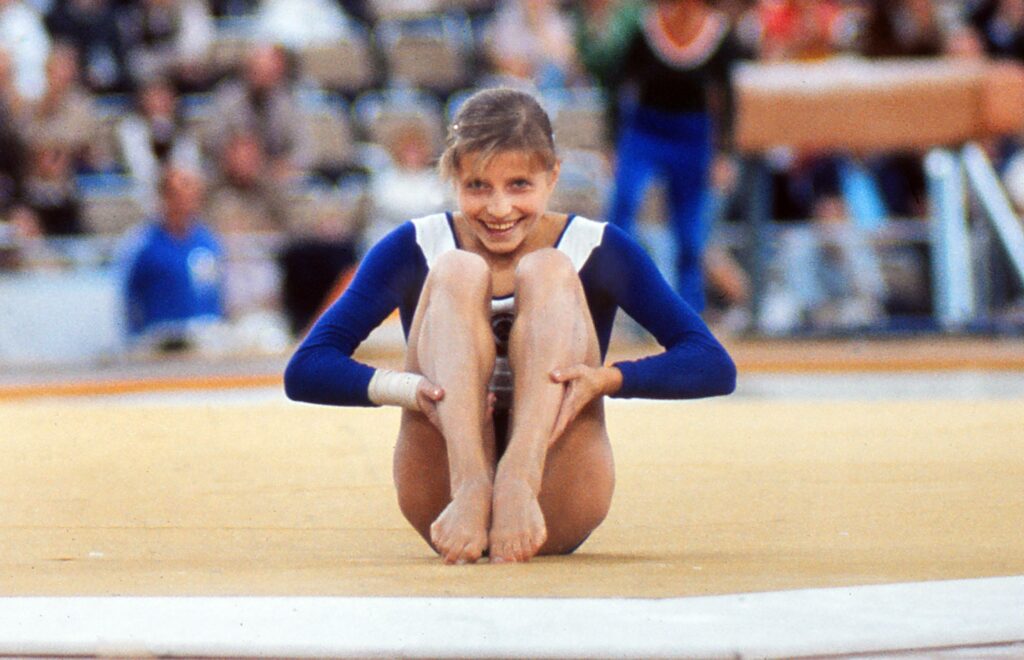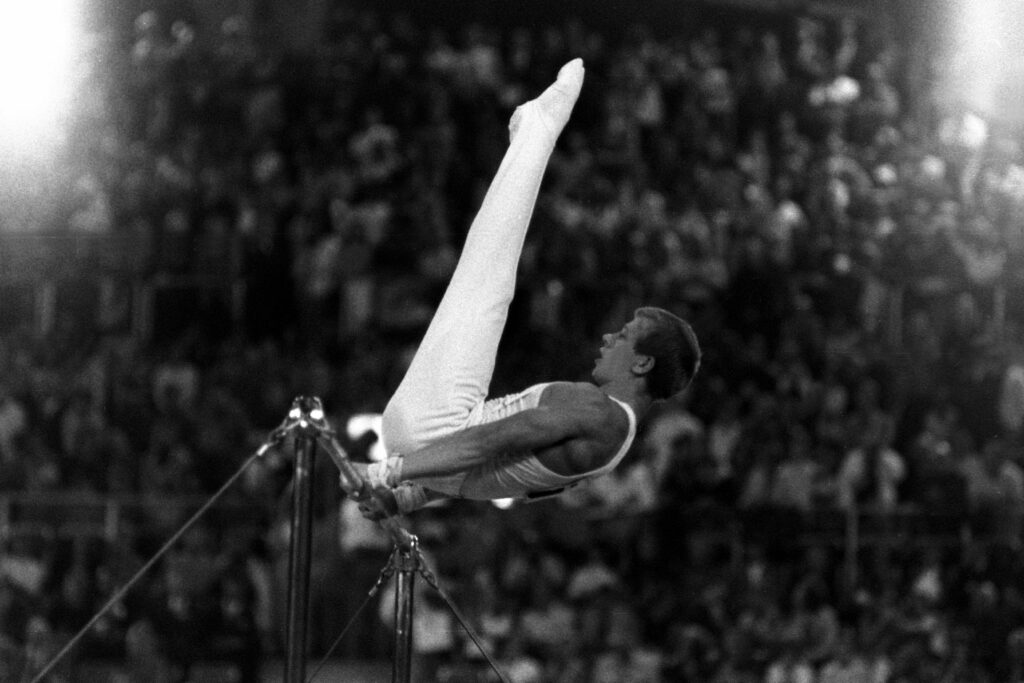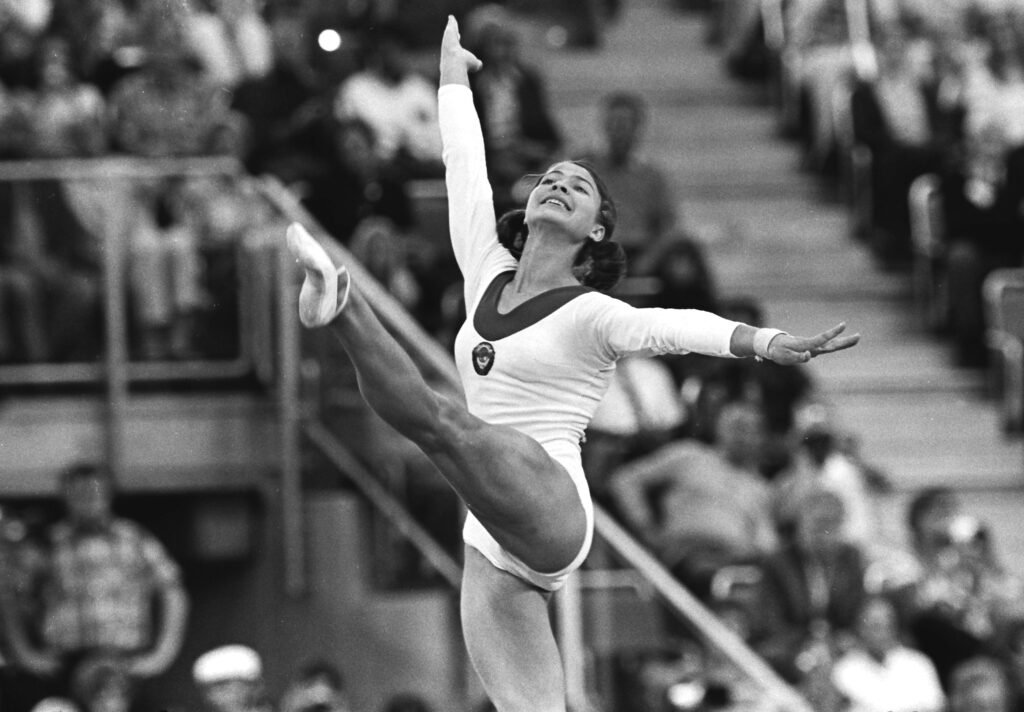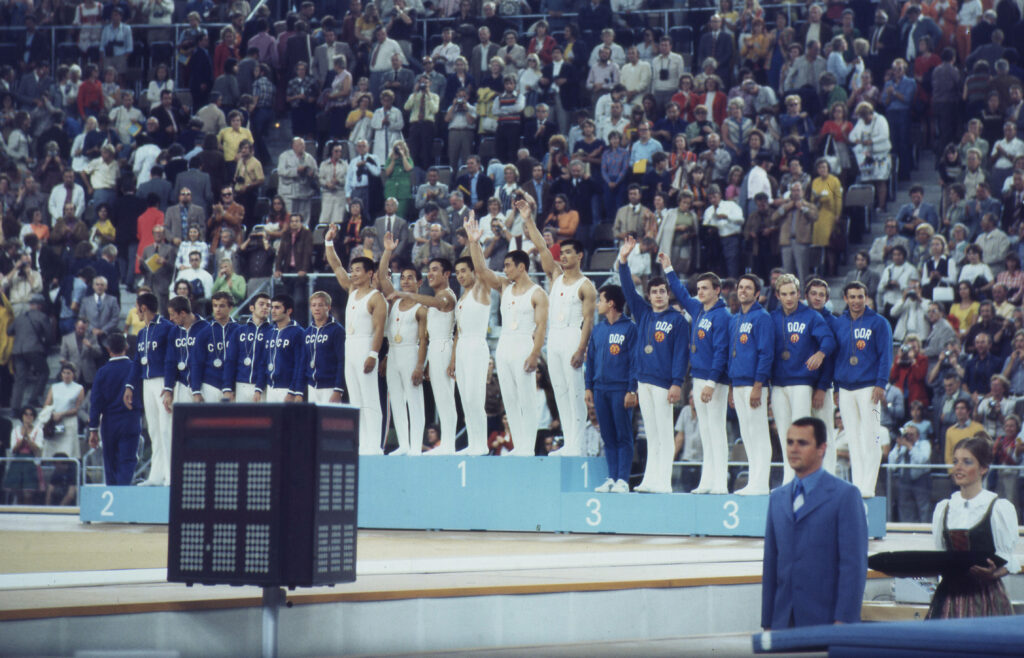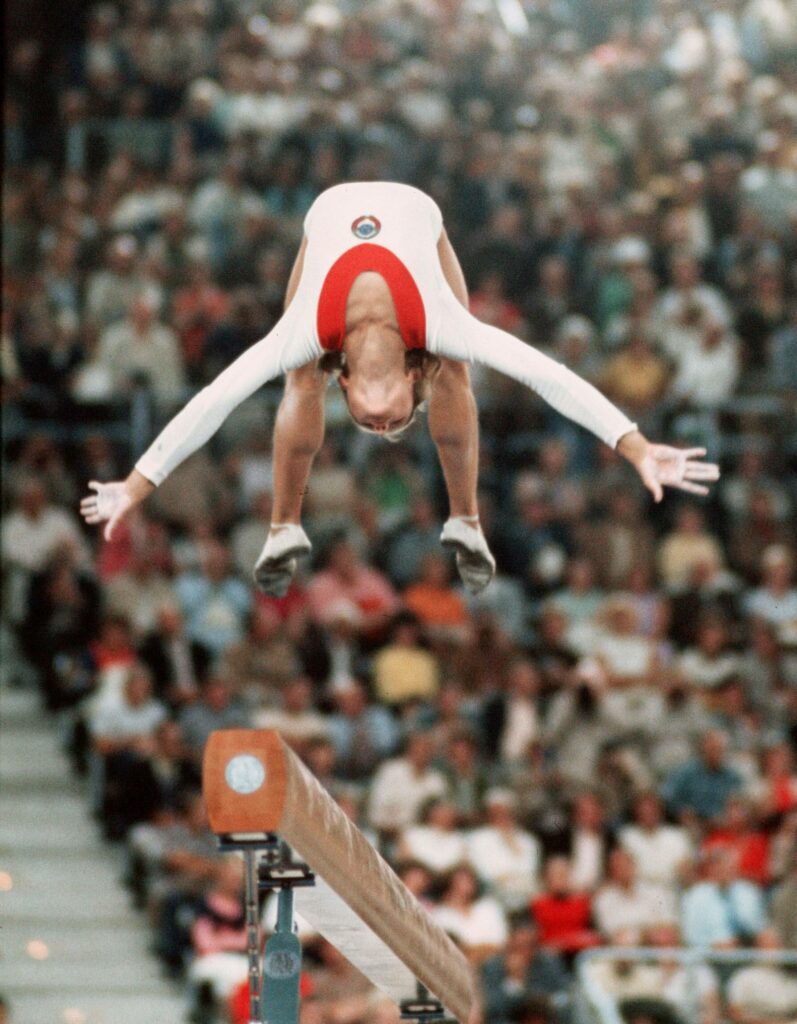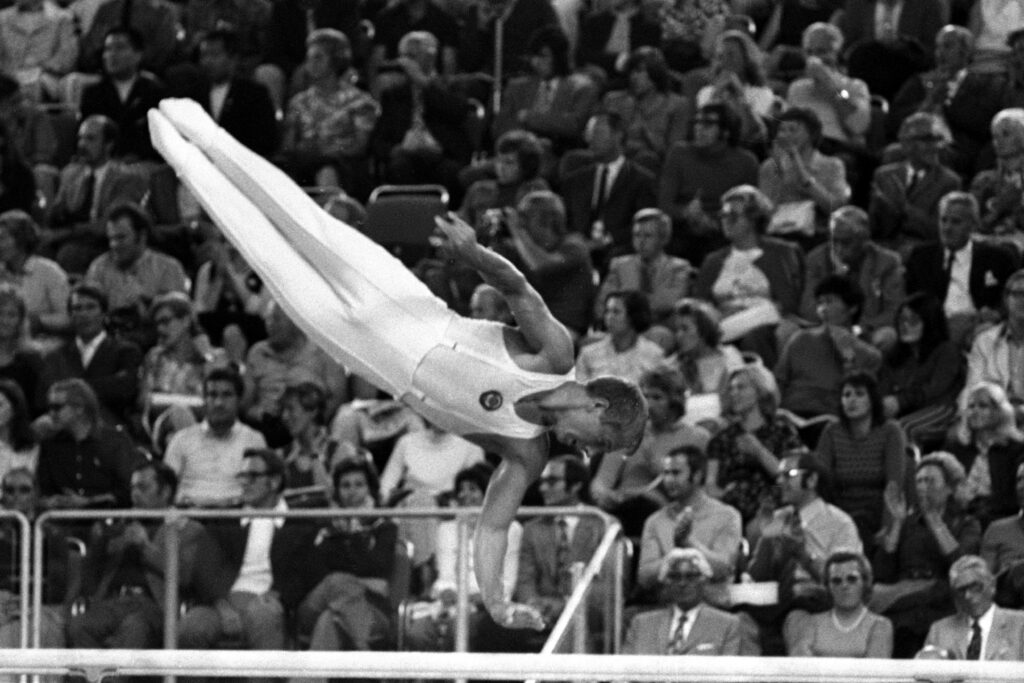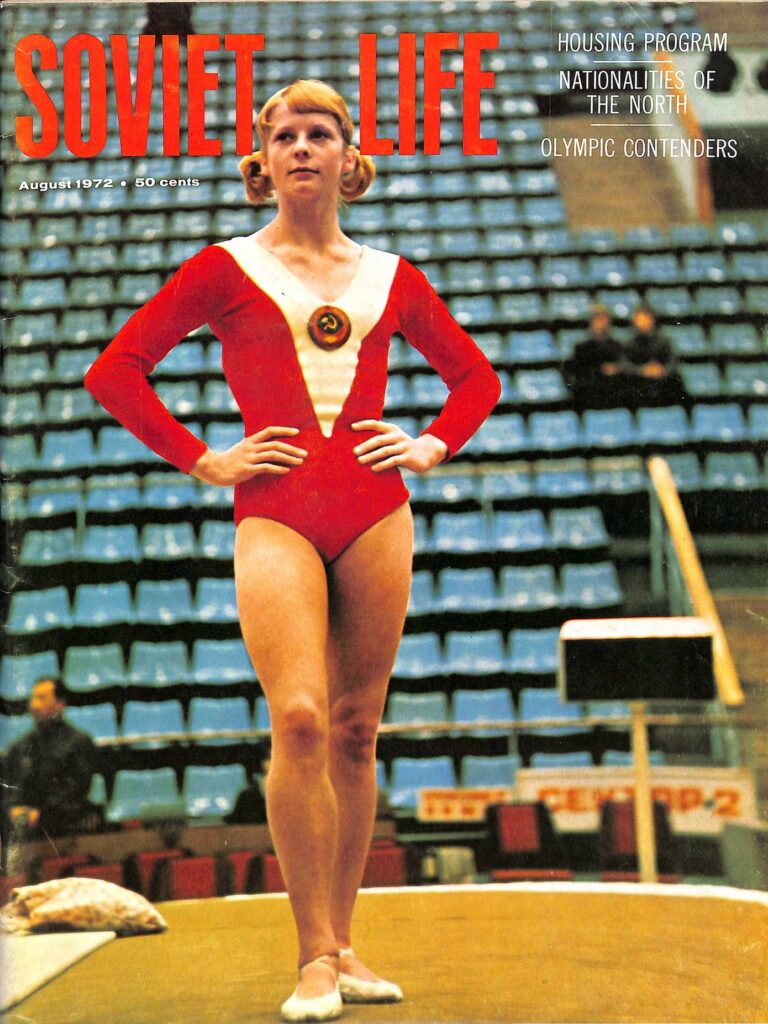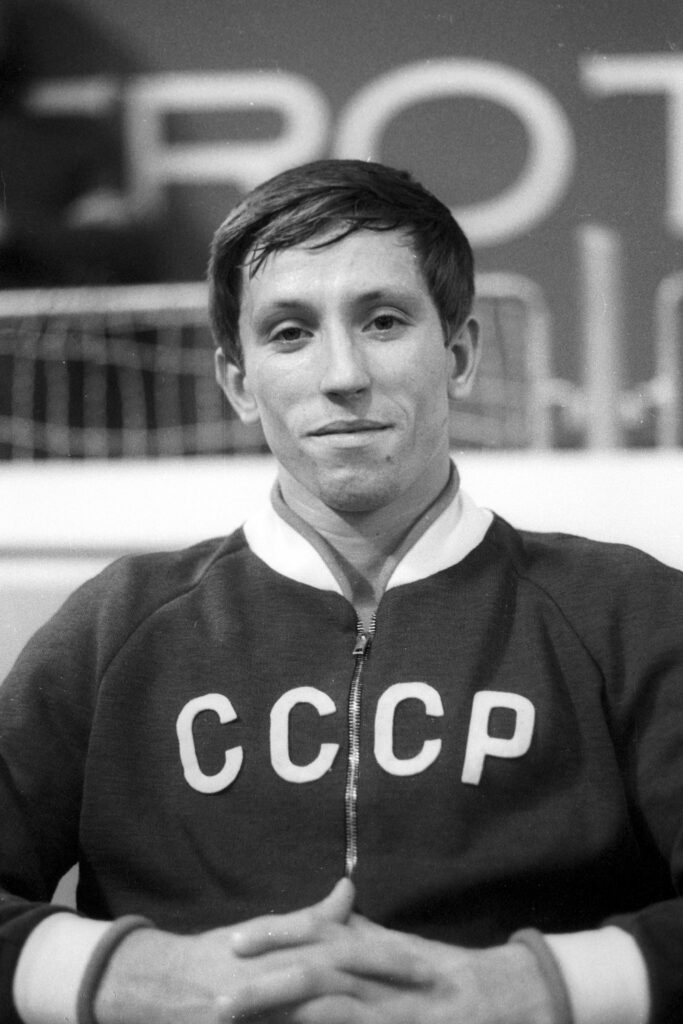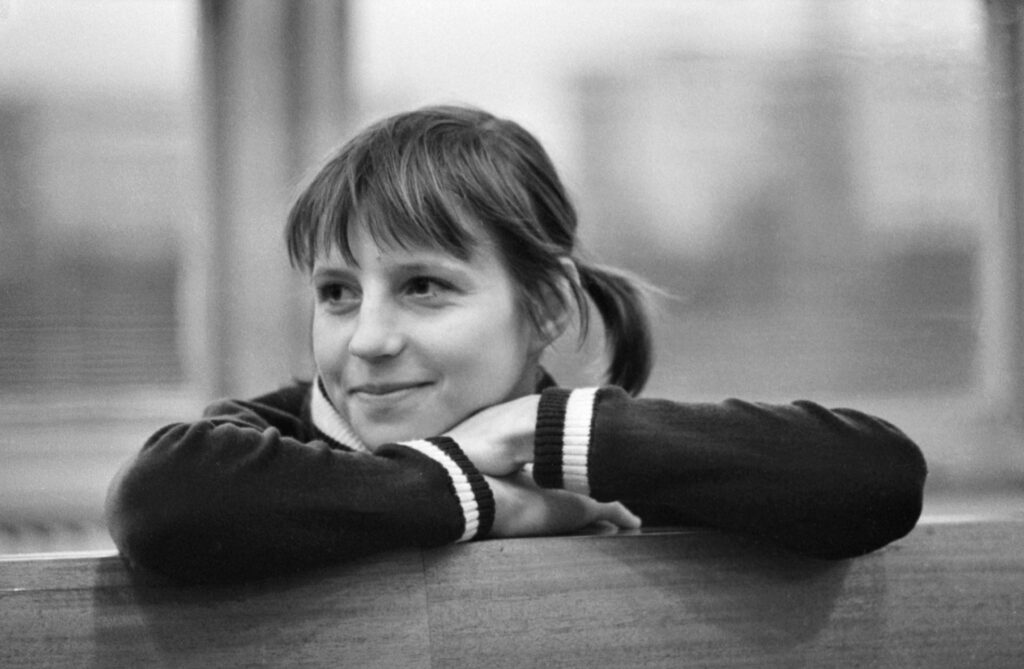Only two countries medaled in the women’s event finals: the Soviet Union and East Germany. Sovetsky Sport concluded that “the Soviet and German sportswomen now fully dominate in women’s gymnastics and determine the course of its development.”
Given the newspaper’s emphasis on the friendliness between the gymnasts of both countries, it had to tread lightly when discussing the uneven bars final. Without saying that Olga Korbut should have won the title, it implied as much. But it was quick to point out that the fault was with the FIG and the judges.
Here’s what Sovetsky Sport wrote about the 1972 event finals.
